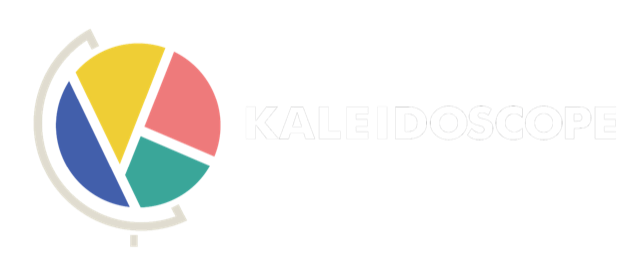Persuasive Writing
How can you break free from the confines of formulaic writing to tell more meaningful stories? How can you harness the power of storytelling to move and influence others?
In persuasive writing you will:
Uncover and learn to apply the hidden structures of powerful stories—how they shape what we remember and influence how we feel.
Learn to manipulate the building blocks of stories—images, sentences, paragraphs—in ways that deepen meaning.
Gain exposure to a variety of persuasive writing examples, from op-eds to personal essays, learning what makes them tick.
Receive personalized feedback—from our team and from a global community of peers—to help you more persuasively make your case in writing.
Become more effective storytellers, whether for school, college admissions, or publication.
Our Perspective
We know that the ability to craft a compelling narrative matters—whether you want to get into your reach school, get a project off the ground, or get a good grade in English class.
In fact, persuasive storytelling matters more now than ever: our world feels increasingly polarized, and the default tendency is to tune out those whose opinions differ from our own. Telling compelling stories is an unparalleled way to transcend differences and hook people into opening their minds.
Great writing has become an afterthought in too many schools. Even schools that prioritize writing tend to focus on the five-paragraph analytic essay. But using the five-paragraph essay as a stand-in for all writing is like using the news as a stand-in for all TV. Imagine how many people would think they disliked TV, when the truth was that they just didn’t like watching the news!
The skills we teach will help students excel in school and the college application process, but far more important to us is that they’ll learn to use writing to do well and do good in the world beyond the classroom.
the sessions
Session 1: How to Find Your Angle
Deliverable for feedback: Brainstorm five possible angles for a single story and write quick drafts of two of them.
Session 2: How to Storyline/Write a Story with Structure
Deliverable for feedback: Turn one of your story drafts into a stronger narrative that uses the elements of story structure.
Session 3: Show, Don’t Tell
Deliverable for feedback: Identify places you “tell” in one of your drafts. Based on what we learned in class, brainstorm ways you can “show” instead.
Session 4: The Ins & Outs of Paragraphs
Deliverable for feedback: Re-paragraph one of your story drafts and rework the flow between paragraphs using principles from class.
Session 5: How to Write Well: Editing for Clarity and Style
Deliverable for feedback: Using principles learned in class, identify a few ways to add style to your story (e.g. rewrite key sentences for maximum resonance). Read your story aloud on video, watch yourself back, and reflect on what you notice. Then get to clean copy with strategic use of tech tools and grammatical rules reviewed in class.
Session 6: Putting it All Together: Collaborative Storytelling
In class: Share your final stories and work on collaborative stories with your peers.
logistics
College-like course structure: On Mondays, Wednesdays, and Fridays we’ll meet as a full group (capped at 50) to learn techniques and workshop examples; on Tuesdays and Thursdays at class time, you’ll meet with peer cohorts (3-5 students) to take a deep dive into critiquing each other’s work (and get to know each other!)
Dynamic, rigorous online sessions: Our full-group sessions will meet on Zoom—they will be active & interactive with cameras on, frequent verbal participation, and lectures kept to a minimum. The heart of these sessions will be collective workshopping—whether of published works (to discern what makes them great) or each other’s writing (to identify what works and how it can be improved).
Daily deliverables: Each day you’ll submit writing, often for feedback from your teacher or your peer cohort. It may be a new assignment or an iteration on a previous one—"Good writing is good editing,” as the saying goes.
Starred projects: At the end of the course, the best essays are designated as ⭐starred⭐, a designation you can add to your resume and that may lead to your work being featured on our website
Tuition: $500, need-based scholarships available (we provide space to indicate need on the program application)
Dates & Times: Term 1: June 19 - June 30, 9-11am ET
About the Teacher
Edie Abraham-Macht is a Phi Beta Kappa and magna cum laude graduate of Yale University (‘22) and teacher & curriculum developer with Kaleidoscope Education.
At Yale, Edie majored in American Studies and Education Studies. She was lauded in high school and at Yale for her writing abilities (creative writing and narrative/expository essays). She has won regional and national awards for her poetry, and has had work published in on-campus publications including the Yale Literary Magazine and the Yale Daily News Weekend Section, and off-campus publications including Hanging Loose magazine and Aerie International. Edie has ample experience assisting K-12 students, college students, and adults with writing; specifically, she has edited poetry for publication, personal essays for college applications, and resumes for job applications.
Edie is excited to create a community around storytelling, to help students tell stories about moments that matter to them, and to get to know students through their stories!







